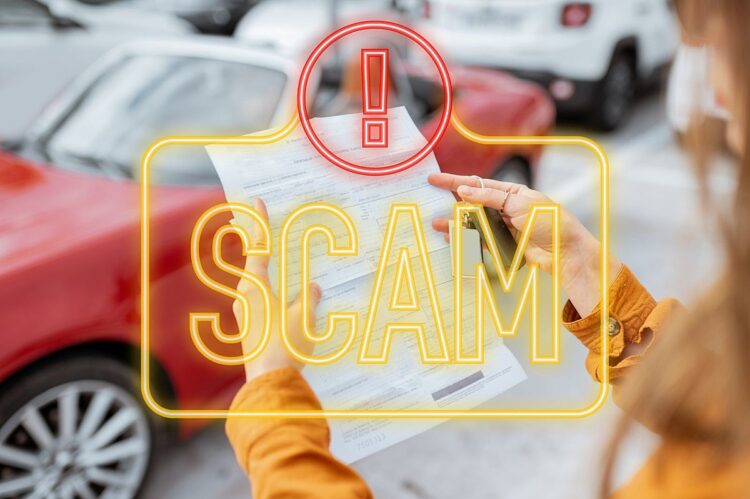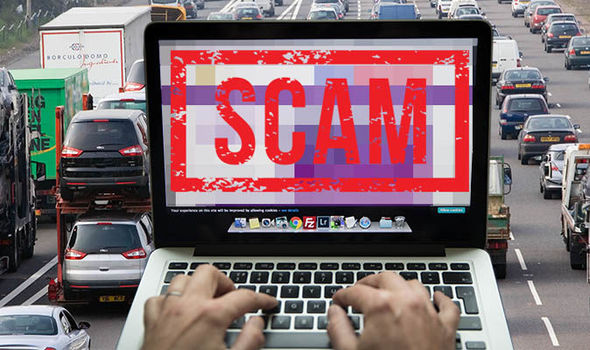Car scams are unfortunately becoming more prevalent in todays society, with unsuspecting individuals falling victim to cunning fraudsters looking to make a quick buck. From fake online listings to shady dealerships, there are various tactics scammers use to deceive innocent consumers.
As a car owner or buyer, it is crucial to arm yourself with knowledge and awareness to protect yourself from falling prey to these scams. By understanding the common red flags and taking necessary precautions, you can safeguard yourself against potential car scam dangers.
In this article, we will explore three effective ways to safeguard yourself from car scams, ensuring a safe and secure vehicle transaction process.
1. Recognizing Common Car Scams

Recognizing common car scams is crucial in protecting yourself from falling victim to fraudulent activities in the automotive industry. Some common scams to watch out for include the bait-and-switch tactic, where a seller advertises a car at a low price to attract buyers, only to pressure them into purchasing a more expensive vehicle.
Another scam to be wary of is odometer fraud, where the mileage of a car is rolled back to make it seem like it has lower mileage than it actually does. Additionally, beware of salvage title scams, where sellers hide the fact that a car has been severely damaged in the past and is not safe to drive.
By staying informed and vigilant, you can avoid these scams and ensure a smooth car-buying experience.
2. Tips for Avoiding Car Scams

When it comes to avoiding car scams, there are several key tips to keep in mind. First and foremost, always be wary of deals that seem too good to be true.
If a seller is offering a car at a significantly lower price than usual, it could be a red flag for a scam. Additionally, never wire money or provide personal information to someone you have not met in person.
Scammers often use these tactics to steal money or identity information from unsuspecting buyers. Its also important to do thorough research on the seller and the vehicle before making a purchase.
Check the vehicles history report, ask for maintenance records, and consider taking the car to a trusted mechanic for inspection. By following these tips, you can help protect yourself from falling victim to car scams.
3. Steps to Take if You Suspect a Car Scam

If you suspect a car scam, the first thing you should do is gather all relevant information related to the transaction. This includes any emails, text messages, or paperwork exchanged with the seller.
Next, contact the appropriate authorities such as the Better Business Bureau or the Federal Trade Commission to report the suspected scam. It is also important to reach out to your bank or credit card company if you have made any payments to the seller.
Finally, consider seeking legal advice to understand your rights and options in case you have been a victim of fraud. Remember, it is crucial to act promptly and decisively to protect yourself and prevent further financial loss.
Conclusion
In conclusion, protecting yourself from car scams is essential when buying a vehicle. By following the tips outlined in this article – questioning suspiciously low prices, avoiding wire transfers, and being wary of high-pressure sales tactics – you can significantly reduce your risk of falling victim to fraud.
Additionally, always remember to check the history of any car you are considering purchasing, as this can reveal crucial information that may save you from making a costly mistake. By staying informed and cautious, you can navigate the car market with confidence and peace of mind.

